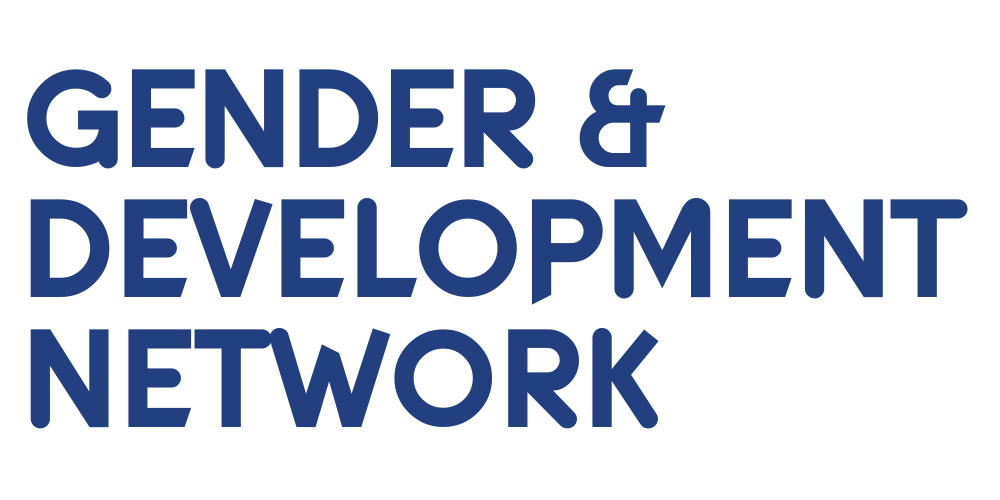First report of the High-Level Panel on Women’s Economic Empowerment: Response by the Gender & Development Network
October 2016
Over the last year, the existence of the UN Secretary General’s High-Level Panel on Women’s Economic Empowerment has brought increased attention to the issue of economic equality for women in the context of the Sustainable Development Goals (SDGs). Along with colleagues internationally, we prepared a submission to the Panel outlining recommendations, particularly in relation to macroeconomic policy.[1]
This short briefing is our initial response to the Panel’s first report, Leave no one behind: a call to action on gender equality and women’s economic empowerment, outlining its strengths as well as the areas where more work will be needed as we move forward to the Panel’s next report in March 2017.[2]
Summary of GADN’s response
Overall, the report touches on some vital issues for achieving women’s economic empowerment (WEE) by putting both unpaid care work and discriminatory social norms high on the political agenda for the first time, and by making clear that freedom of association, collective bargaining and adequate minimum wages must be part of the solution.
Given the broad and diverse composition of the Panel, the report goes further in many areas than might have been expected, and there are some important points made. The seven principles outlined in the report contain commendable aspirations; however, the actual commitments in these areas will need to be substantially strengthened in the Panel’s next report if its call to action is to be a truly transformative agenda.[3] Perhaps most surprising was the missed opportunity to clearly state that WEE and gender equality are important for their own sakes, rather than as means to other ends, and in so doing to use the power of such a Panel to shape future discourse.
One major omission is any strong recommendation to address the underlying economic barriers to progress – most notably, the role of macroeconomic policy, trade and investment agreements, and corporate regulation – in shaping the broader context in which WEE takes place.
In this document, we outline some areas that need greater attention in the Panel’s deliberations in advance of its second report in March 2017.
[1] http://gadnetwork.org/gadn-resources/2016/7/7/breaking-down-the-barriers-macroeconomic-policies-that-promote-womens-economic-equality.
[2] UN Secretary General’s High Level Panel on Women’s Economic Empowerment (2016) Leave no one behind: a call to action on gender equality and women’s economic empowerment. http://www.womenseconomicempowerment.org/reports/
[3] Page 8 ibid
